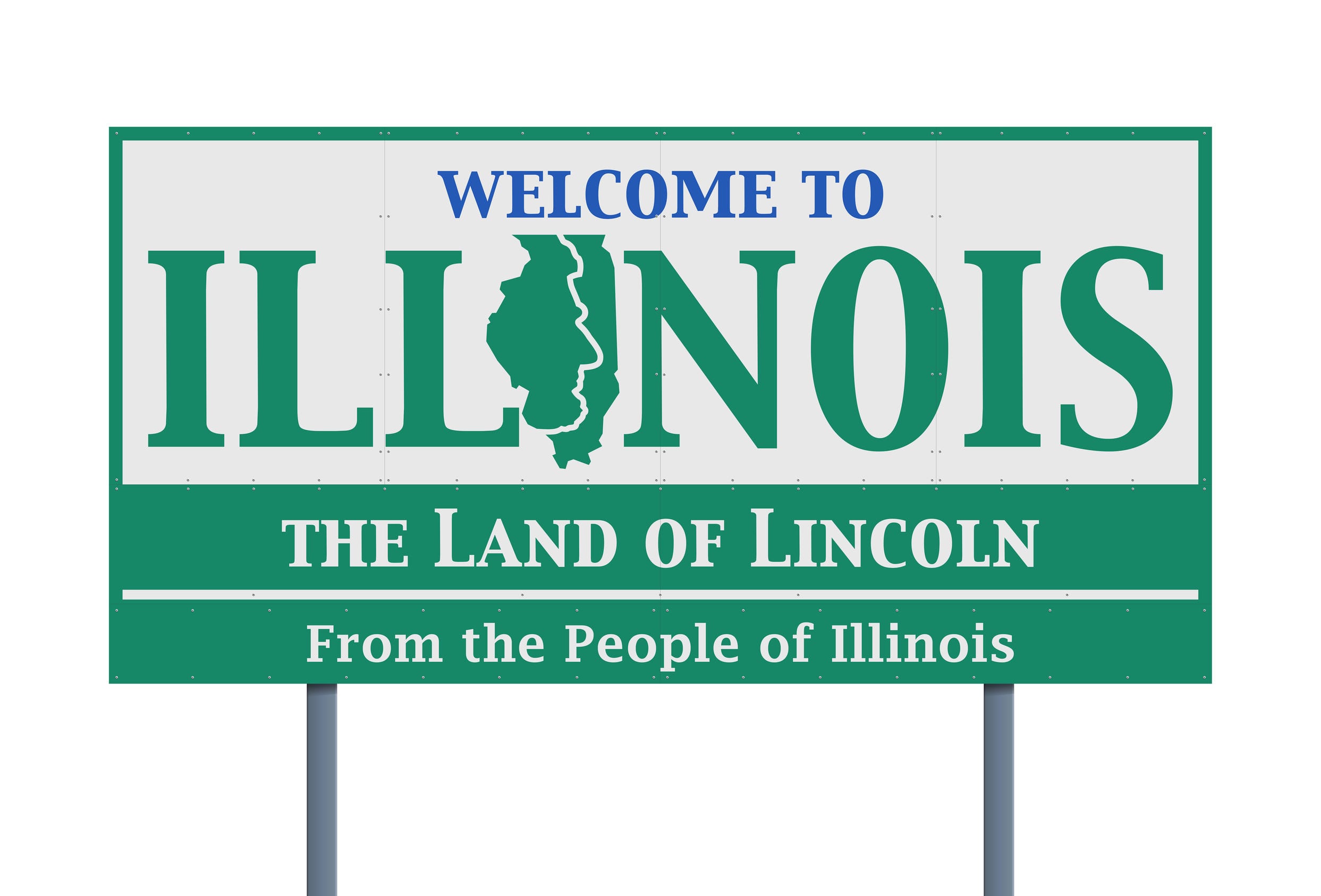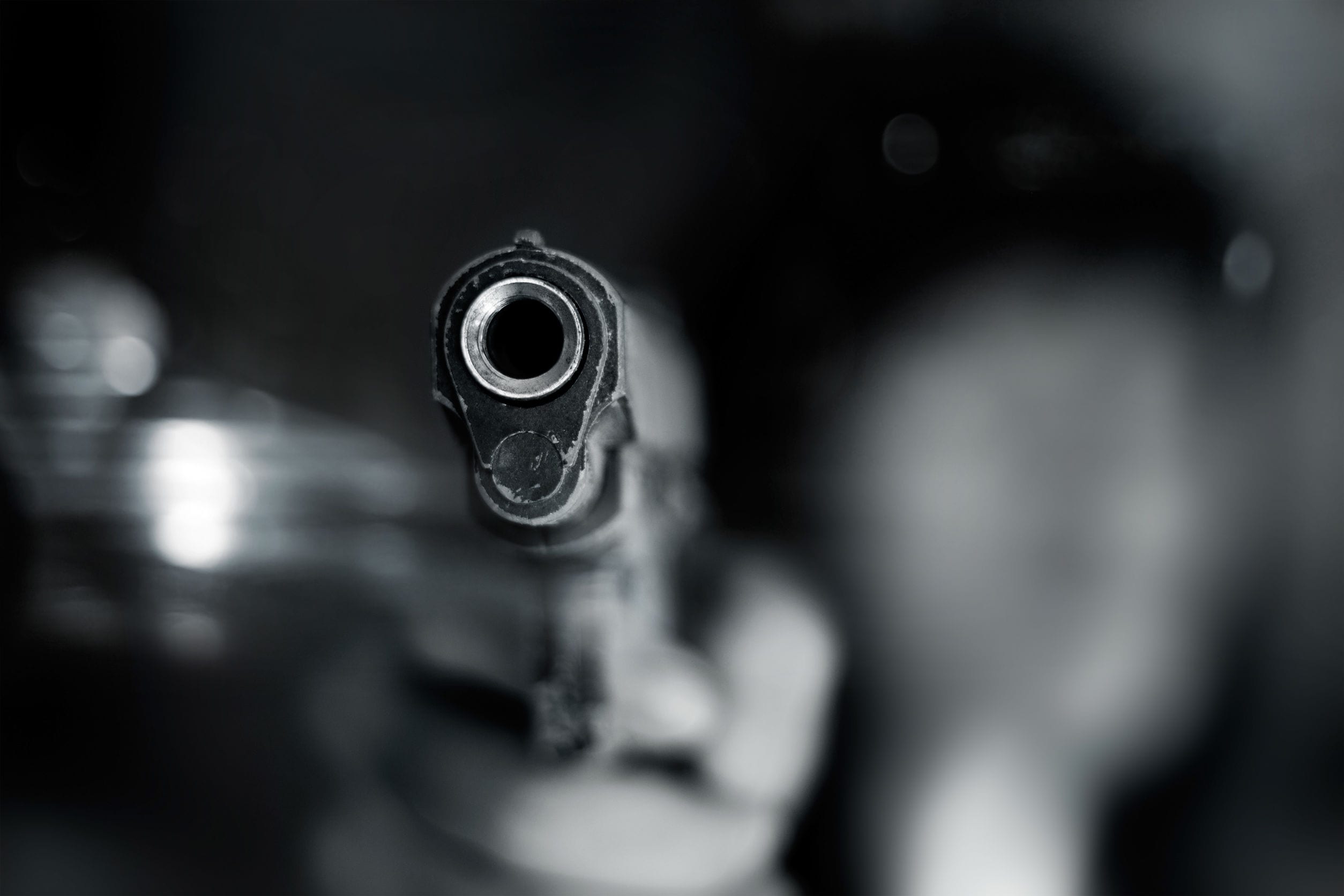- Home
- THE FIRM+
- Criminal Defense+
- CASE RESULTS
- AREAS WE SERVE+
- FAQ’s
- Blog
- Contact
AZHARI LLC BLOG

Posted By: Sami Azhari
Category:
There’s no doubt that public discourse when it comes to guns and gun laws is a hot debate topic. It sparks some intense feelings for people – people like Chicago Mayor Lori Lightfoot.
The mayor recently attributed the gun problems in Chicago and across the state to looser gun laws outside of Illinois in surrounding states.
She cites the statistic that up to 60 percent of the guns on Chicago streets come from outside Illinois and many of the neighboring states don’t have gun laws as strict as Illinois.
The truth of the matter is that over 400 people have died as a result of gun violence in Chicago since mid-July 2020, even while gun laws in the state remain quite strict.
If you want to own a gun in Illinois, then there are several things you need to do to property exercise that right. Here’s what you need to know about gun laws in the state and what can happen if you are found in violation of them.
Legally Purchasing a Gun in Illinois
In order to buy and carry a gun legally in Illinois, you need a state-issued card called a Firearm Owner’s Identification Card, or FOID. It is illegal to possess ammunition or a firearm without one.
Once you are issued your FOID card, you are required to present it when purchasing a gun or ammunition.
At gun shows, private sellers must still ask to see a buyer’s FOID card as well as perform a background check on anyone seeking to purchase a gun from them. No party under the age of 18 or who is unable to produce a FOID card upon purchase may legally buy a gun in Illinois.
How Illinoisans Can Get a FOID Card
In Illinois, you can fill out a FOID application with the Illinois State Police. You can obtain the forms online or you can call the Firearm Owner’s Identification program. You qualify for a FOID if you must:
- Be 21 years old or older
- Be over 18 with the written consent of a parent or legal guardian
- Be a citizen of the U.S.
- Have no prior felony charges on your criminal record
- Not have a history of abuse of narcotics or domestic violence
- Not have been a mental patient in a facility within the last five years
- Not be intellectually disabled
- Be a resident of the state of Illinois
When applying for a FOID, you will be approved or denied within 30 days. You will only be denied if you don’t meet the qualifications. There is a $10 fee for the FOID and it is valid for a period of five years. You’ll receive a notice of its expiration 60 days prior to the expiration date.
If it is found you made a false statement on the application, are no longer eligible, or it’s found you present a danger to yourself or others in the community, then your FOID can be seized and revoked.
Illinois Licensing to Carry a Concealed Weapon
It is legal to carry a concealed weapon in Illinois, but you must have the proper license to do so. An Illinois Concealed Carry License is required.
To qualify for the license, you must be over 21 and complete a 16-hour firearms training course. Illinois does not recognize concealed carry permits from other states.
You must have a FOID card in order to qualify for a CCL in Illinois. If you don’t have a CCL but simply have a FOID, you are allowed to carry an unloaded firearm in an enclosed case.
Consequences for Breaking Illinois Gun Laws
In Illinois, if you’re found to break the laws surrounding the ownership of guns, then some serious ramifications can occur. Depending on how the law is broken, you can face steep fines, potential jail time, and the loss of your firearms.
Unlawful Possession by a Law-abiding Citizen
Under Illinois law, the least serious charge related to firearms is a Class A misdemeanor. This is usually charged if you’re found in possession of a gun without a FOID card but would have qualified for the card.
Unlawful Possession When Ineligible for a FOID
If you do not qualify for a FOID card but get a weapon anyway, then you can face charges as serious as a Class 3 felony. That will involve a prison sentence as well as up to $25,000 in fines, not to mention endangering your right to own a gun in the state in the future.
Even with the proper licensure, there are many places in the state you cannot carry a concealed weapon, such as government buildings, schools, airports, and hospitals.
Furthermore, while carrying a concealed weapon usually results in a misdemeanor charge, when an Illinoisan is found to be a repeat offender in this regard, then they are more likely to face felony charges.
Don’t get caught breaking Illinois gun laws.
About the Author:
Sami Azhari has been working as a lawyer since 2007, after receiving his Juris Doctor from the Michigan State University College of Law. He has handled numerous state and federal cases and is known throughout the Chicago and Rolling Meadows area for providing his clients with high-quality, skilled representation. He has been recognized by Avvo (2013 and 2018), SuperLawyers (2015-2020), The National Trial Lawyers, and other notable organizations, and has spoken at a number of legal conferences.



























































